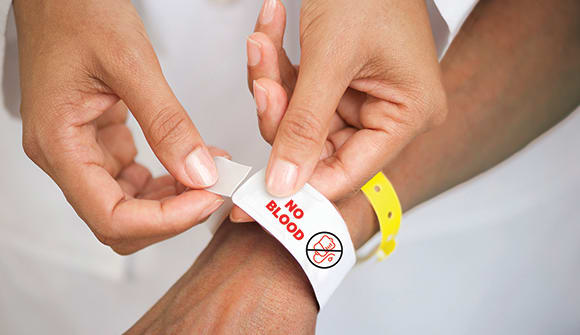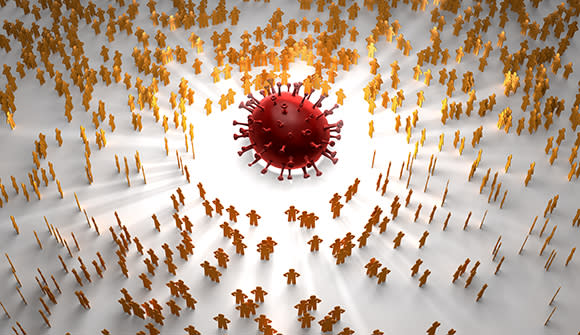Gut check
Why you shouldn’t put off your colonoscopy.
Article Date:

Colonoscopies can be intimidating, no butts about it. The bottom line is this: putting off this critical screening could have long-term implications on your health and, in some cases, your life.
Julianni Zaiden, MD, FAAFP, a family physician with Baptist Primary Care, and Ron Landmann, MD, FACS, chief of Colon and Rectal Surgery at Baptist MD Anderson Cancer Center, clear up concerns about colon cancer screenings, offer colonoscopy prep tips, and explain why patients should put their fears behind them.
Detecting colorectal cancer early
Early detection could save your life. When colorectal cancer is found before it has spread, the survival rate is about 91%, according to the American Cancer Society. Unfortunately, only 40% of colorectal cancers are found at this early stage.
"The U.S. Preventive Services Task Force now recommends colon cancer screening starting at age 45 for patients at average risk. However, patients at higher risk of developing colon or rectal cancer should be screened earlier. Those who have immediate family with a history of colorectal cancer should be screened at age 40 or 10 years earlier than the age at which the relative was diagnosed," explained Dr. Zaiden.
She added, "Traditionally, insurance has covered colon screening at age 50, but currently most companies are covering screening starting at age 45 due to the change in guidelines. Patients ages 45-49 are still encouraged to check with their insurance provider to see if they're covered."
If you have a family history of colorectal cancer or are at increased risk, you may be eligible for early screening. You might be at increased risk if you have inflammatory bowel disease, smoke or are overweight. Talk to your insurance provider to learn more about your options.
Preparing for your colonoscopy
Colonoscopy prep is better than it used to be. While you still have to stick to clear liquids 24 hours before the procedure, gone are the days of drinking a gallon of foul-tasting medication. Now, you can mix in your favorite powdered drink packet or certain flavors of Gatorade.
"Since I've been in the profession, colonoscopies have advanced leaps and bounds," Dr. Landmann said. "The bowel prep process, which is often the most intimidating part, has become more streamlined and easier to handle. Split-day dosing has markedly improved tolerance and experience."
Some doctors provide patients with laxatives to cut down on the amount of liquid they have to drink, while others break the prep liquid into two parts, making it much more, well, digestible.
The actual colonoscopy is typically short. The brief 30-minute procedure involves finding and sometimes removing any polyps found in the colon or rectum. Polyp removal is quick and painless.
Other colon cancer screening options
If you’re at average risk of colon cancer and really don't want a colonoscopy, you may consider Cologuard®, an at-home stool DNA testing kit that detects blood and altered DNA.
Your primary care physician can order Cologuard®, and the company will send you a test kit to complete with a stool sample. If a positive stool test result is found, the patient should be referred for a diagnostic colonoscopy. If the result is negative, repeat colon screening is recommended in three years.
Schedule your colonoscopy today
Is it time for your colon screening? Schedule an appointment and learn more about your options by calling 904.202.4YOU or visiting baptistjax.com/coloncancerscreening.
Source: American Cancer Society



